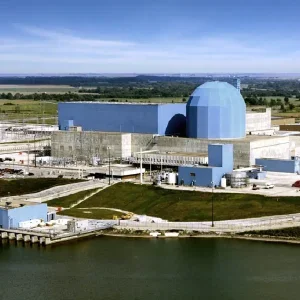The ministers acknowledge that the technology has not been tested on a large scale, could increase household electricity bills nearly 2% and involves investment of billions of pounds to execute.
According to the plans, the stations will have to produce a minimum of 300 megawatts (MW) of power or 25% of their output using CCS technology and by 2025 100% of their output.
CCS technology functions by capturing the carbon emitted from power plants’ exhausts and piping it deep underground into empty oil and gas fields, including those under the North Sea.
An advanced version eliminates carbon from coal prior to burning it, converting it into hydrogen gas that can subsequently be utilized to power turbines and produce electricity.
The new power stations are likely to be constructed by EON, BP, Scottish Power and Peel Power in localities including Teeside, Merseyside and the Firth of Forth.






